Excuses change nothing, but make everyone feel better
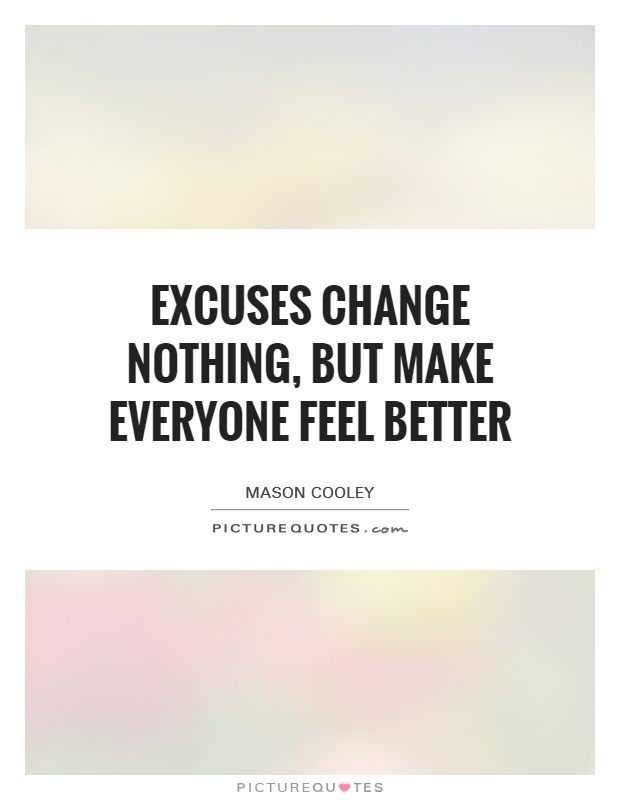
Excuses change nothing, but make everyone feel better
Mason Cooley, an American aphorist known for his concise and insightful observations on human nature, once said, "Excuses change nothing, but make everyone feel better." This statement encapsulates the idea that while excuses may provide temporary relief or justification for our actions, they ultimately do not alter the reality of a situation.Excuses are often used as a defense mechanism to protect ourselves from feelings of guilt, shame, or responsibility. When we make excuses for our behavior, we are essentially trying to shift the blame onto external factors rather than taking ownership of our actions. This can be a comforting thought in the moment, as it allows us to avoid facing the consequences of our choices. However, in the long run, excuses do not change the outcome of a situation or undo any harm that may have been caused.
Cooley's statement also highlights the fact that excuses can be a form of self-deception. By convincing ourselves that our excuses are valid reasons for our behavior, we are essentially lying to ourselves. This can create a false sense of security and prevent us from truly examining our actions and their impact on others. In this way, excuses can be a barrier to personal growth and self-awareness.
Furthermore, excuses can also have a negative impact on our relationships with others. When we make excuses for our behavior, we are essentially invalidating the feelings and experiences of those who may have been affected by our actions. This can lead to feelings of resentment, mistrust, and betrayal, as our excuses may be perceived as a lack of accountability or empathy.
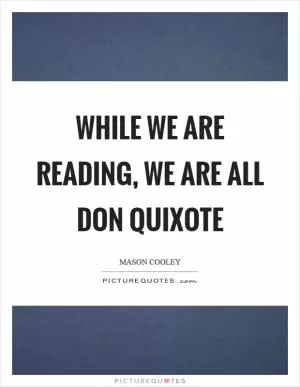







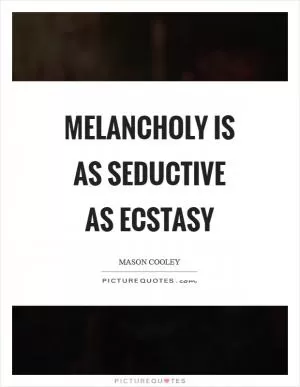

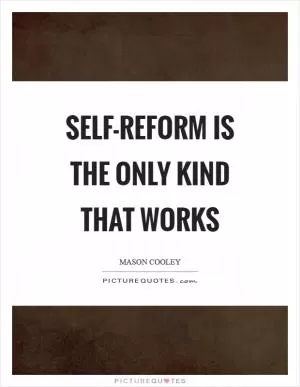
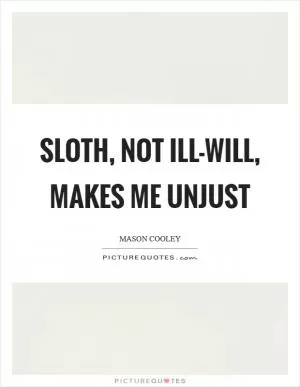
 Friendship Quotes
Friendship Quotes Love Quotes
Love Quotes Life Quotes
Life Quotes Funny Quotes
Funny Quotes Motivational Quotes
Motivational Quotes Inspirational Quotes
Inspirational Quotes